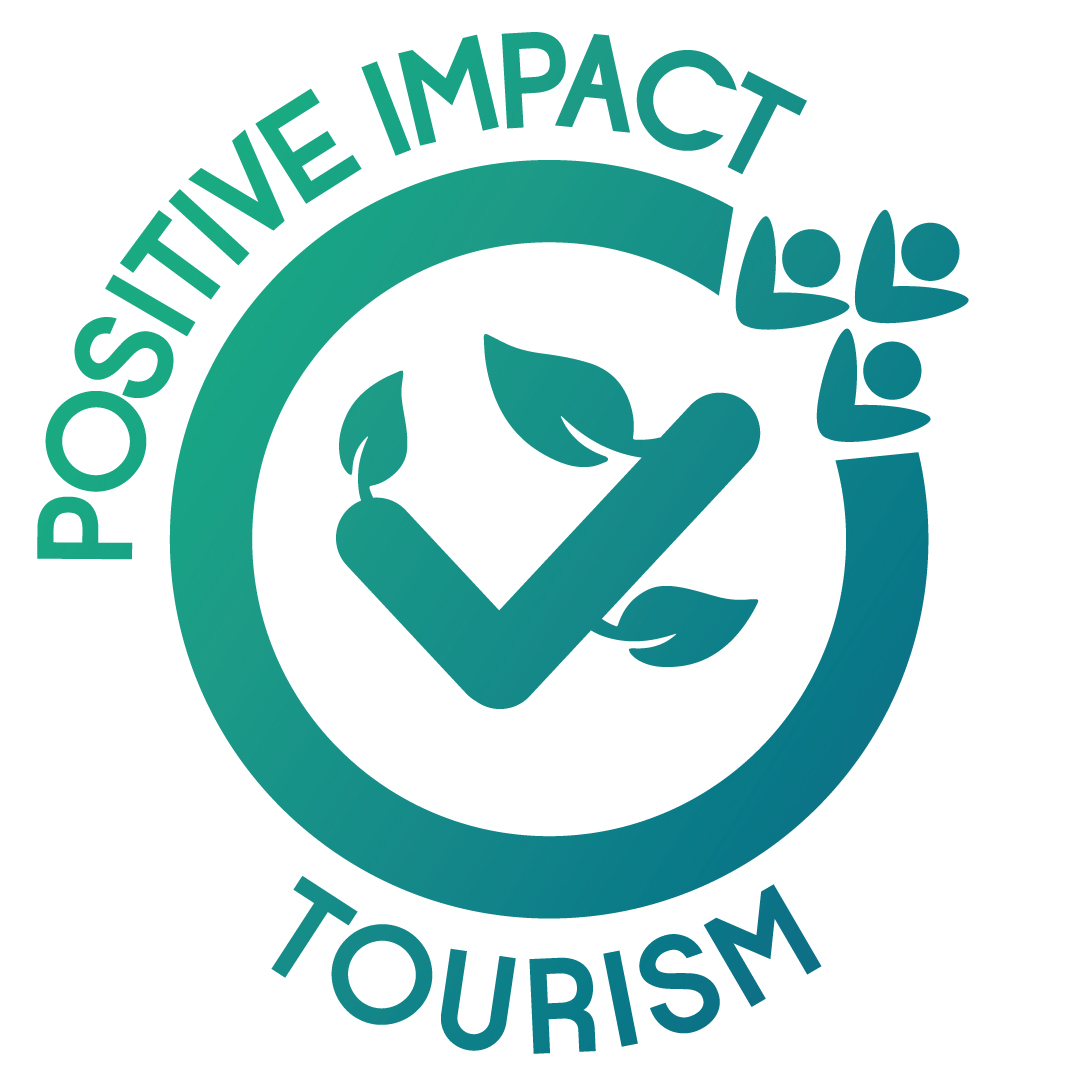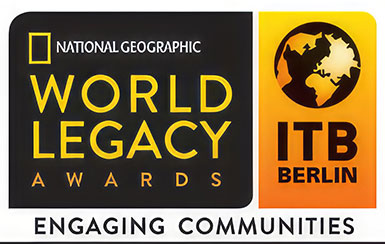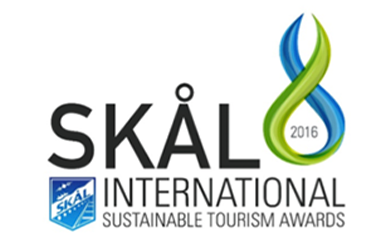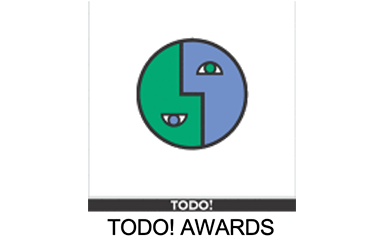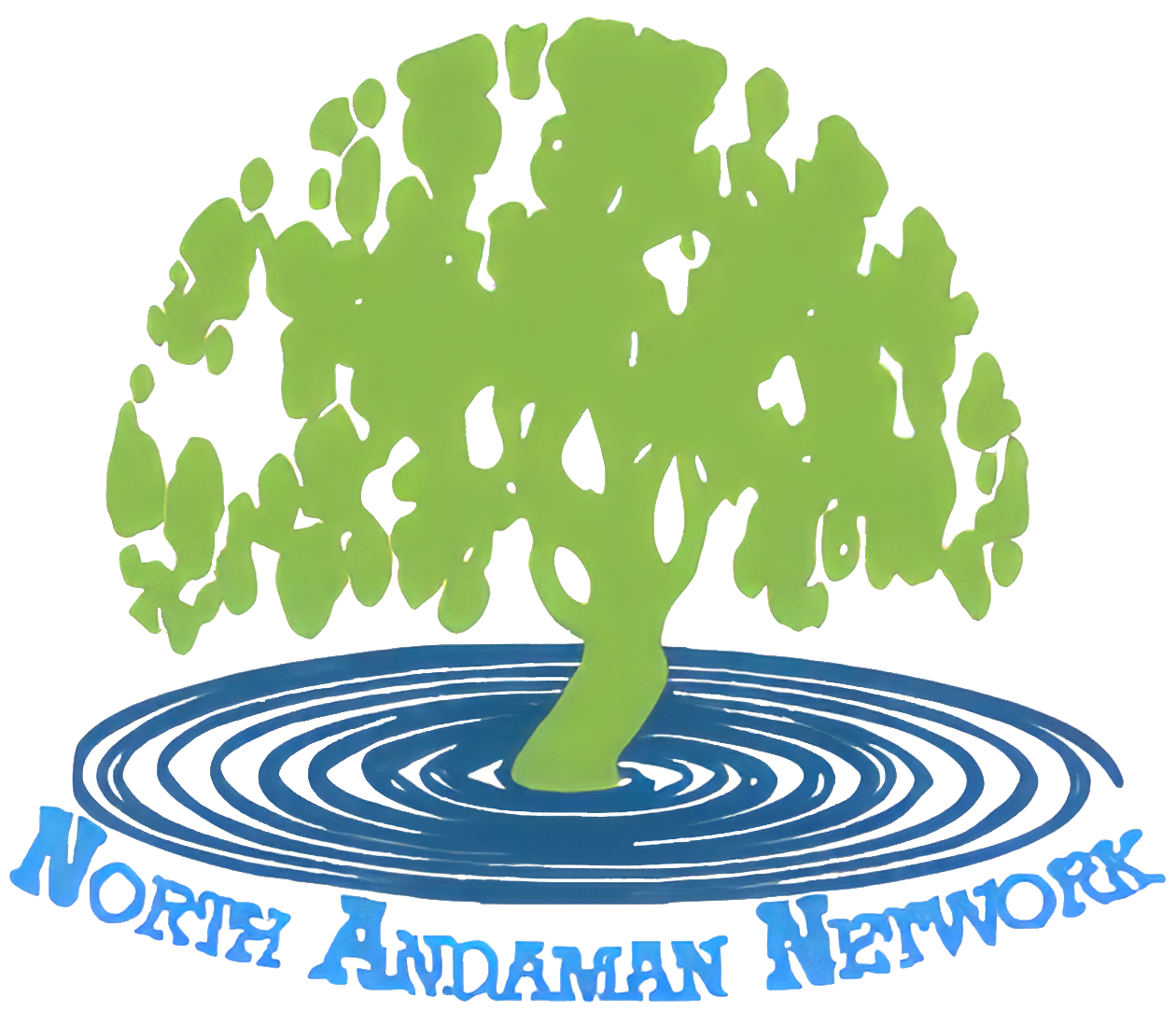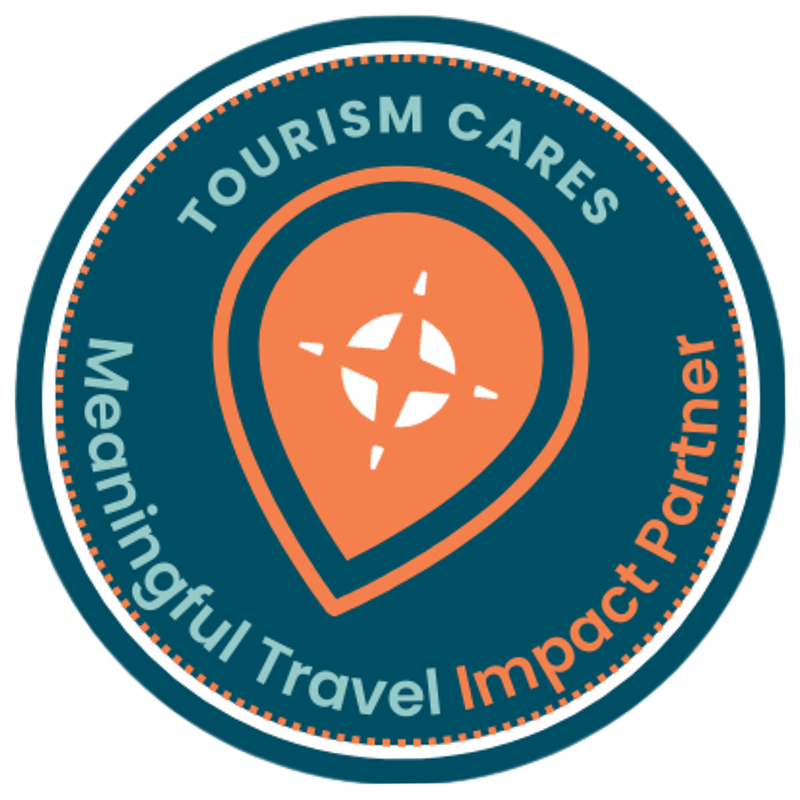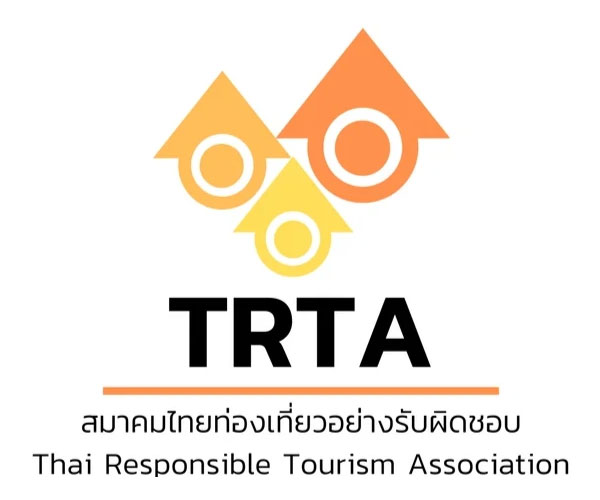Learning from the Moken
Patiently we asked again: “Alright you are Moken, but… where are you from?” Their answer remained the same: “From the Moken”.
After a bumpy hour and a half ride on a speedboat and another short ride on a long-tail we have had finally arrived at the Moken Village on Surin Island off the North Andaman coast of Thailand.
AD founder Bodhi Garret was leading the pilot tour organized for our guests (writer Oliver and photographer Catherine) from the BBC’s Lonely Planet Magazine.
Bodhi has known the Moken people for some time now and the respect he has for them is mutual and evident from the way they greeted each other with friendly smiles and warm hugs. After all not many ‘farang’ speak Thai with ease like Bodhi does and are able to communicate directly with the indigenous peoples from this region. We all felt very privileged to be part of the pilot tour, which was meant to establish AD’s ‘Life of the Moken’ program as a responsible and ethical alternative to the tours, which others operate on the island.
The Moken have provoked interest ever since the tsunami struck this region and these nomadic sea gipsy people had to make a more permanent settlement on the island.
It is no wonder that for us the question ‘where you from?’ seemed like a logical one, but the answer we received showed just how our perception of ones origin was only limited to indicate a place. For the Moken guides who were showing us around their village and gave us a glimpse of their world, this same question carries the meaning of the people you grew up with, the values that you learned, rather than a physical location.
Traditionally, the Moken sea nomads traveled to coastal and island areas in the Mergui Archipelago by their “kabang” (boat), which served both as a home and means of transportation. They would spend seven months fishing during the dry season and take refuge on land during the monsoon. After the tsunami the Moken lost many family members as well as their possessions but they are determined to keep their legacy alive.
The Moken guides led us through their village, shared stories of their lives and gave insights into their struggles and dreams. On the “Chok Madah” Nature-Culture Trail through the jungle behind the village, they showed us various types of plants and trees that they use in daily life; edible herbs, healing plants and woods used for the construction of their huts and boats. In Moken language, Chok means a small bay, and Madah is the name of a local man who anchored his boat in the bay to gather shellfish and forest products. The Moken who now live a semi-nomadic life have used this foraging trail for generations. Twenty stations with interpretive signs are placed along the trail, providing information on specific topics and insights into the world of the Moken.
On a our second day accompanied by our Moken guides we set off on a long tail boat for a snorkeling dive, at a site known as Nemo bay, frequented by the beautiful clown fish of that name. To observe our Moken guides while snorkeling is an experience in itself, for you would never see someone show such grace and peacefulness while diving down to point at the hiding moray eel. Back on the boat Pi Tao, an elder Moken with a peaceful smile, had just finished brewing delicious coffee for all to enjoy.
A couple of days in the company of these kind hearted and warm people inevitably makes you appreciate their culture and wonder about their future. With no written language, their children are taught to speak, read, and write in Thai. This raises a challenge for passing on the traditional Moken language and knowledge to future generations.
The AD tour is specifically designed to take into consideration the Moken’s wishes, encouraging respectful and meaningful encounters between tourists and Moken people.
We spent the night in bungalows on one of the smaller northern islands. The landscape was hauntingly beautiful, the setting sun providing a spectacular background to the mangroves on the beach.
Upcoming tours will allow guests to take home not only picture souvenirs but also lasting memories. We hope to foster a new understanding between the Sea dwellers and us as we have a lot to learn from them.
You can participate in various activities in which your Moken guide will show you how to spear hunt, row a traditional Moken boat, weave small items out of pandanus leaf, and learn about their magical underwater world. You will also learn about their mythology and beliefs; as animists the Moken worship and believe in the spirits of nature.
Our adventure came to end but we know that we will return one day and hope to share this beautiful encounter with other likeminded people who want to experience the Moken culture and make a much needed contribution that will directly benefit the people you visit.



